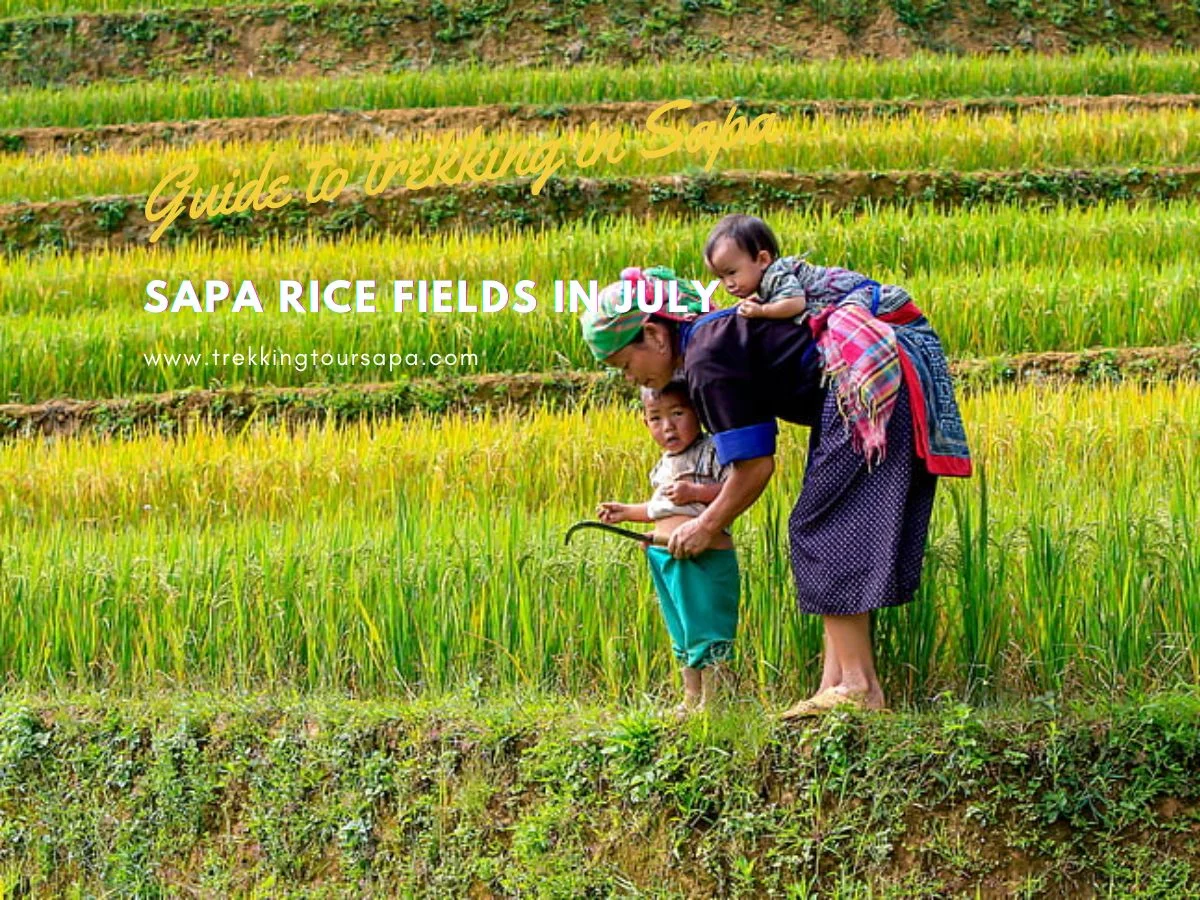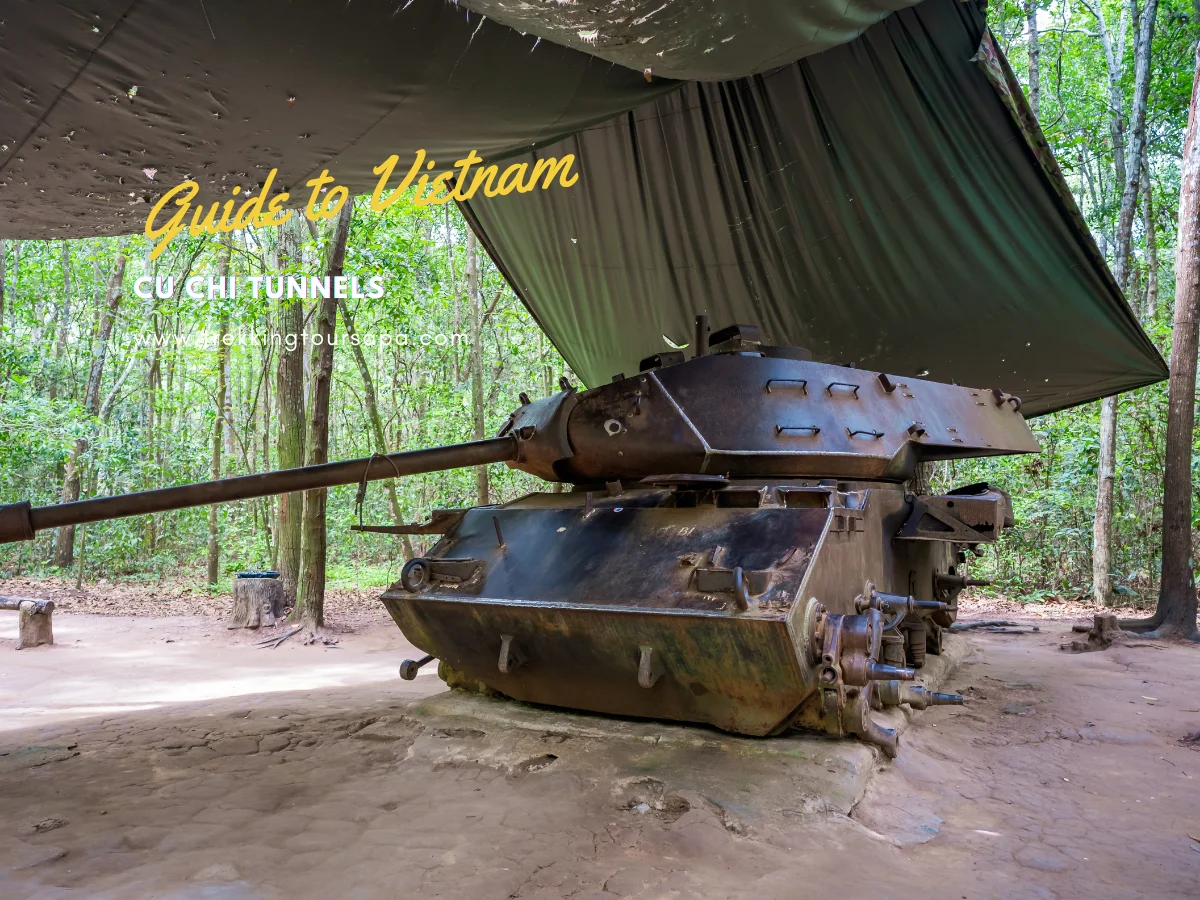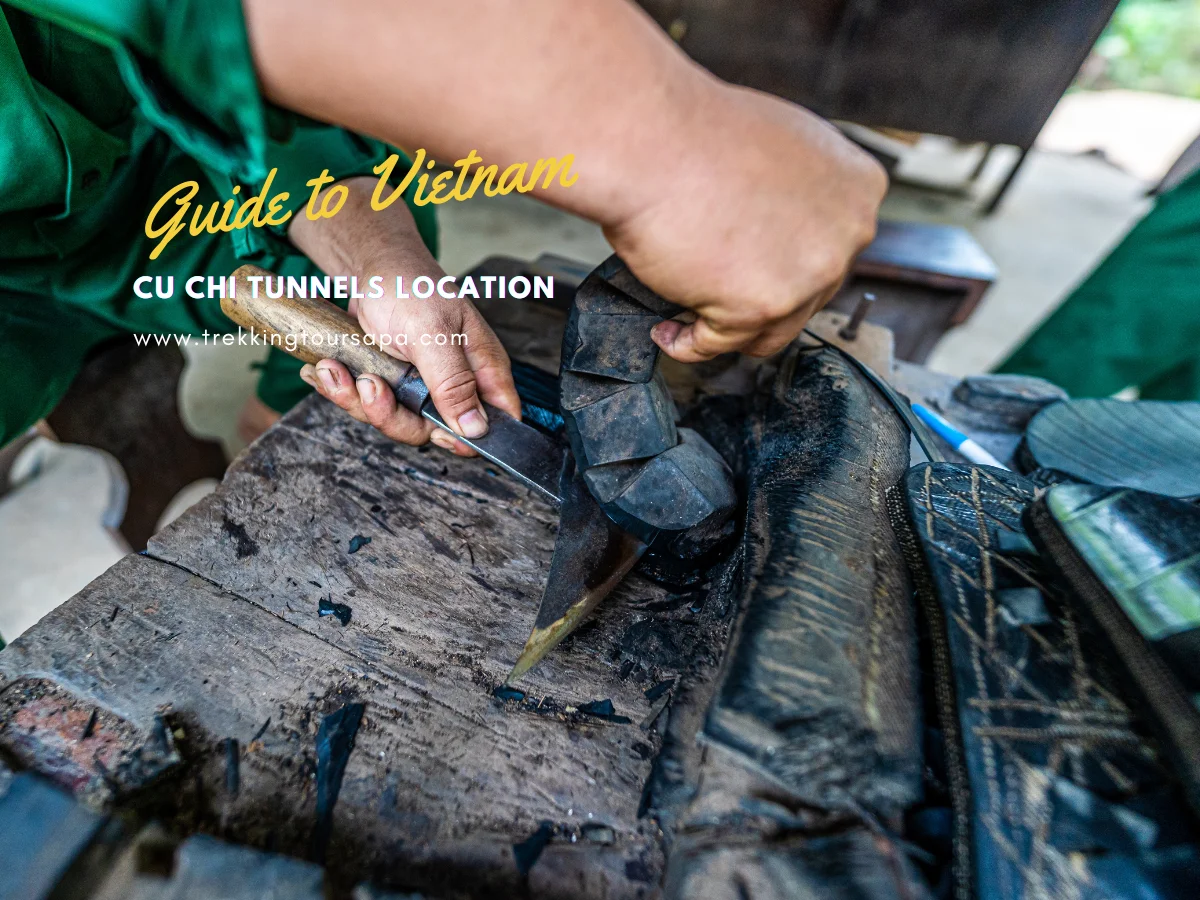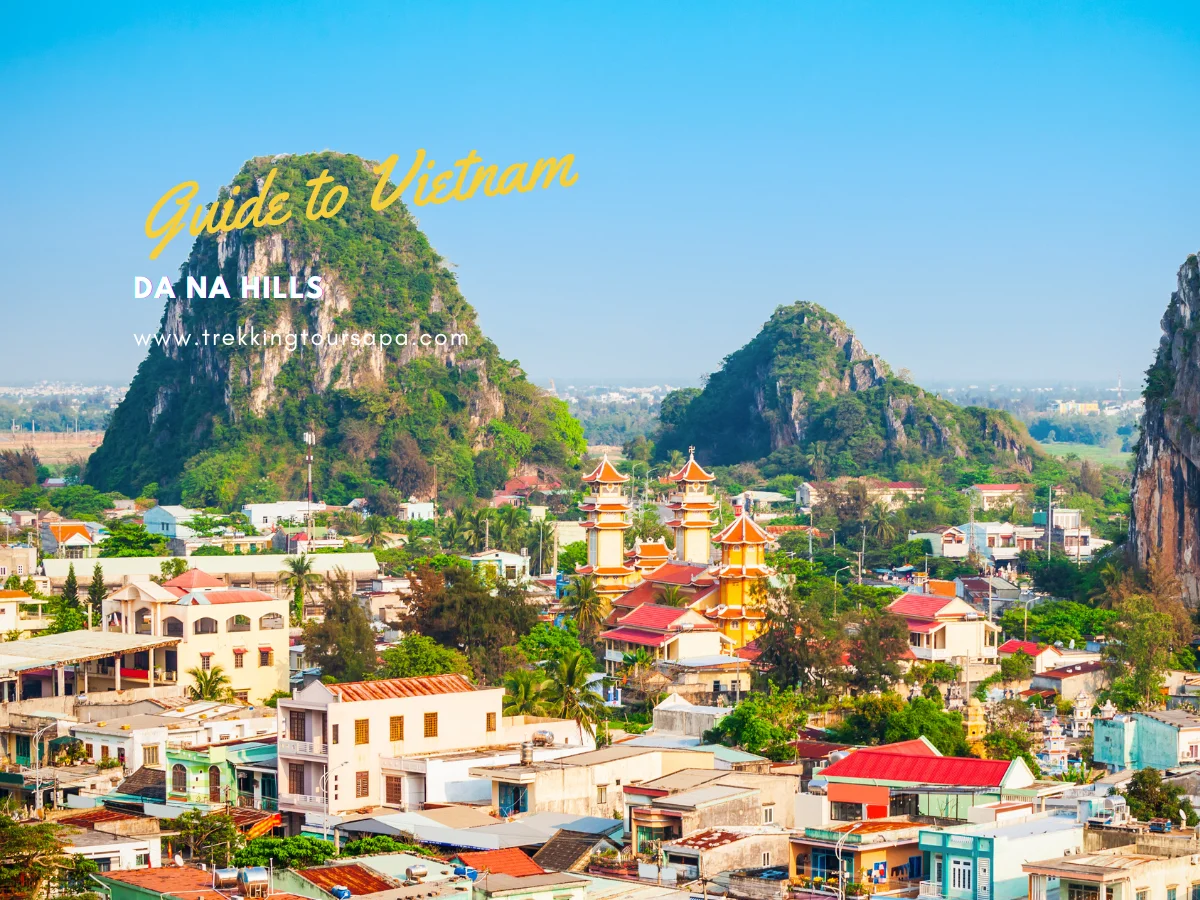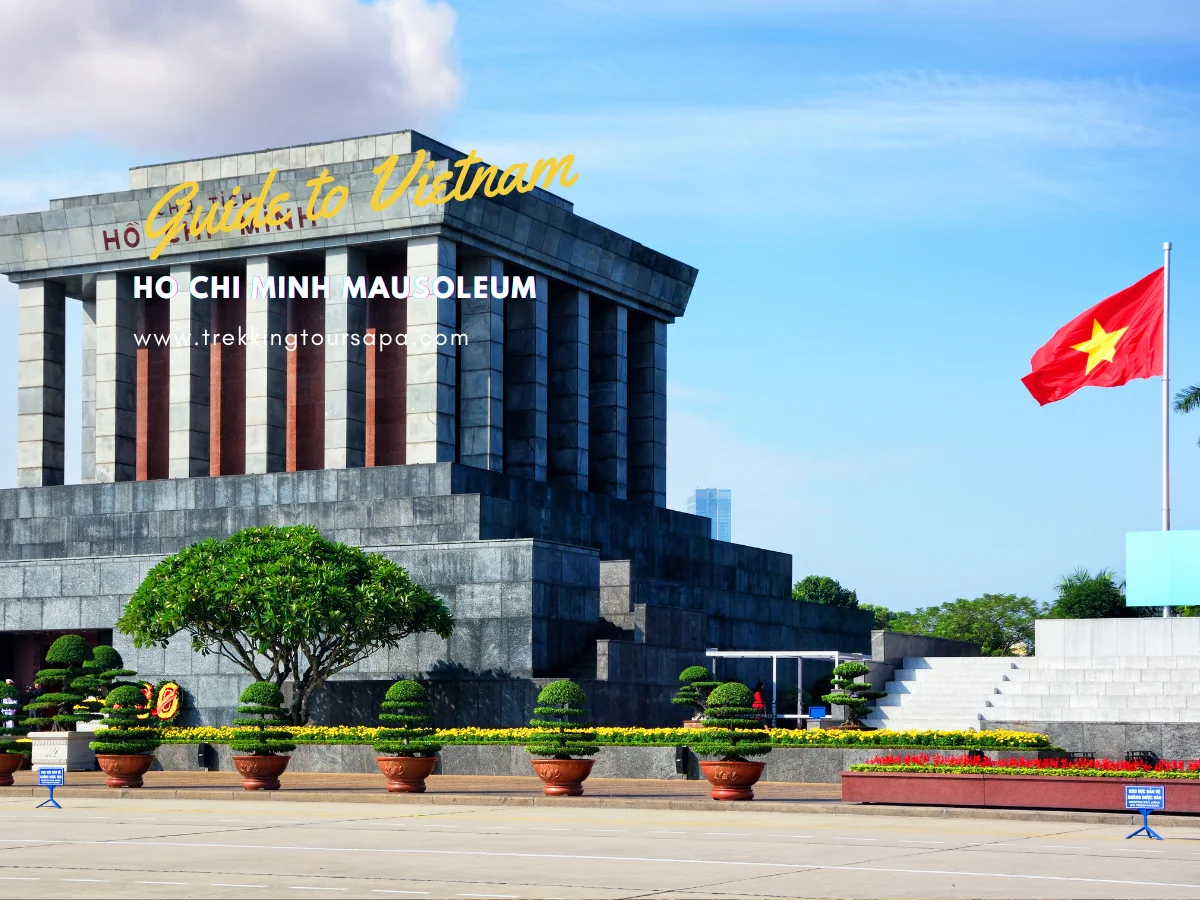Imagine standing in the midst of a sea of green, with vibrant shades of emerald and jade stretching out as far as the eye can see. The gentle breeze carries the sweet scent of fresh rice plants, while the distant sound of water buffalo grazing adds to the tranquility. This is what you’ll experience when visiting Sapa‘s rice fields in July – a breathtaking landscape that’s both serene and awe-inspiring.
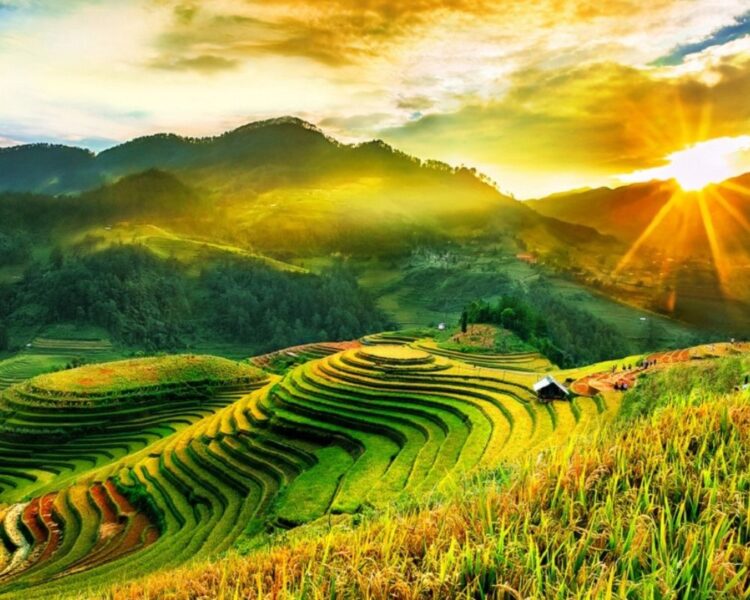
Sapa is an enchanting mountain town nestled in Vietnam’s northern highlands, known for its stunning scenery and rich cultural heritage. It’s home to some of Southeast Asia’s most beautiful rice terraces, which have been cultivated by local farmers for centuries. During July, these rice fields are at their peak beauty, with lush green crops covering every inch of available land. As you explore this stunning region, you’ll be captivated by its natural beauty and drawn into its unique way of life.
Table of Contents
ToggleIntroduction to Sapa and the Rice Fields
You’re in for a treat as we introduce you to the captivating beauty of Sapa and its rice fields. Sapa is a mountainous town located in northern Vietnam, near the border with China. It’s famous for its stunning terraced rice fields, which have been cultivated by local ethnic minority groups for centuries. The scenery is so breathtaking that it has become one of the most popular destinations in Vietnam.

Sapa‘s history is rich and fascinating, with many nearby attractions that are worth exploring. The town was originally founded by French colonists who were attracted by its cool climate and natural beauty. Today, you can still see evidence of their influence in the architecture and culture of the area. Some other nearby attractions include Fansipan Mountain, Muong Hoa Valley, and Cat Cat Village. These places offer amazing opportunities to immerse yourself in Vietnamese culture while also enjoying some of the best views around.
Now that you know a little bit about Sapa and its history, let’s talk about the best time to visit these incredible rice fields!
The Best Time to Visit Sapa Rice Fields
If you’re planning a trip to beautiful northern Vietnam, timing is everything when it comes to seeing the stunning green hillsides at their peak. But if you want to see the Sapa rice fields in all their golden glory, make sure to visit between September and November – this is when the harvest season is in full swing and the vibrant colors of the fields really come alive.

But what about July? While it’s true that this month falls outside of the prime season for viewing rice fields, there are still plenty of great locations where you can catch a glimpse of these breathtaking landscapes. In fact, some may argue that visiting during this time has its own unique benefits – for one, you’ll escape the crowds that flock to Sapa during peak season. Additionally, while July can be rainy and humid at times, it also brings lush greenery and refreshing showers that help keep the paddies healthy and strong throughout the growing cycle. So don’t count out a summer visit just yet – read on for some tips on finding the best spots and making your trip worthwhile!
Best locations:
- Mu Cang Chai: This area boasts some of Vietnam’s most impressive terraced rice fields year-round.
- Hoang Su Phi: Located in Ha Giang province, these lesser-known fields offer a more remote and authentic experience.
- Bac Son Valley: Just south of Hanoi lies this stunning valley with rice paddies surrounded by towering limestone mountains.
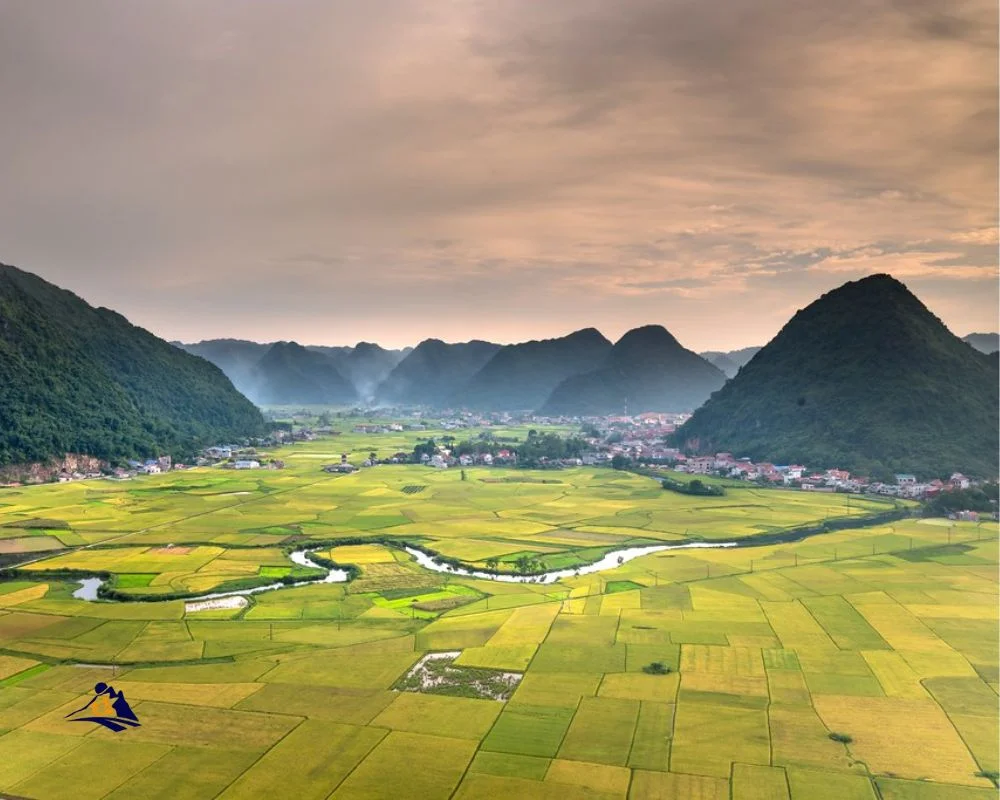
With so many options available no matter what time of year you visit Sapa, there’s never been a better time to explore this beautiful region. And with an overview of what each season brings in terms of weather conditions and harvest cycles (which we’ll cover next), you’ll be fully prepared to plan your trip accordingly!
Overview of the Rice Season
Get ready to learn about the fascinating cycle of rice harvests and weather patterns in northern Vietnam, so you can plan your visit to the stunning terraced landscapes with confidence. Rice cultivation techniques in Sapa have been passed down from generation to generation, and have remained largely unchanged for centuries. The traditional method of growing rice involves manual labor, with farmers using simple tools such as hoes and sickles to plant, maintain, and harvest their crops.

The impact of climate change on rice production has also been felt in Sapa, with unpredictable weather patterns affecting crop yields. In recent years, there has been an increase in extreme weather events such as typhoons and floods which can cause significant damage to the rice fields. Despite these challenges, local farmers continue to adapt their methods of cultivation and work tirelessly throughout the year to produce a bountiful harvest.
Now that you understand more about the intricate process of rice farming in Sapa, it’s time to explore the stunning landscapes for yourself.
Exploring the Sapa Rice Fields
Are you ready for an adventure? Sapa’s rice fields offer a variety of experiences to explore, including trekking tours that take you through the stunning terraced landscapes. For an even more immersive experience, consider staying with a local family on a homestay and getting a glimpse into their daily lives. And don’t forget to visit the bustling local markets to sample delicious food and pick up souvenirs. Get ready for an unforgettable journey through the heart of Vietnam’s countryside.
Trekking Tours
You’ll love our trekking tours through the stunning mountainous terrain surrounding the Sapa rice fields in July. With various trekking routes available, you can choose a tour that suits your level of fitness and interests. You’ll witness an incredible diversity of flora and fauna along the way, from towering bamboo forests to cascading waterfalls.

As you embark on your trekking adventure, make sure to indulge in the local cuisine. The region is renowned for its hearty dishes that are made with fresh, locally sourced ingredients. From savory pho noodle soups to crispy spring rolls, there’s something for everyone’s palate. After a day of exploring, join a homestay where you can immerse yourself in the culture and lifestyle of the locals.
Homestays
Immerse yourself in the culture and lifestyle of the locals by staying at a homestay during your visit to the Sapa rice fields in July. Homestay experiences are an excellent way to explore this beautiful region while supporting community tourism initiatives. By choosing a homestay, you can experience authentic Vietnamese hospitality and create unforgettable memories that will last a lifetime.
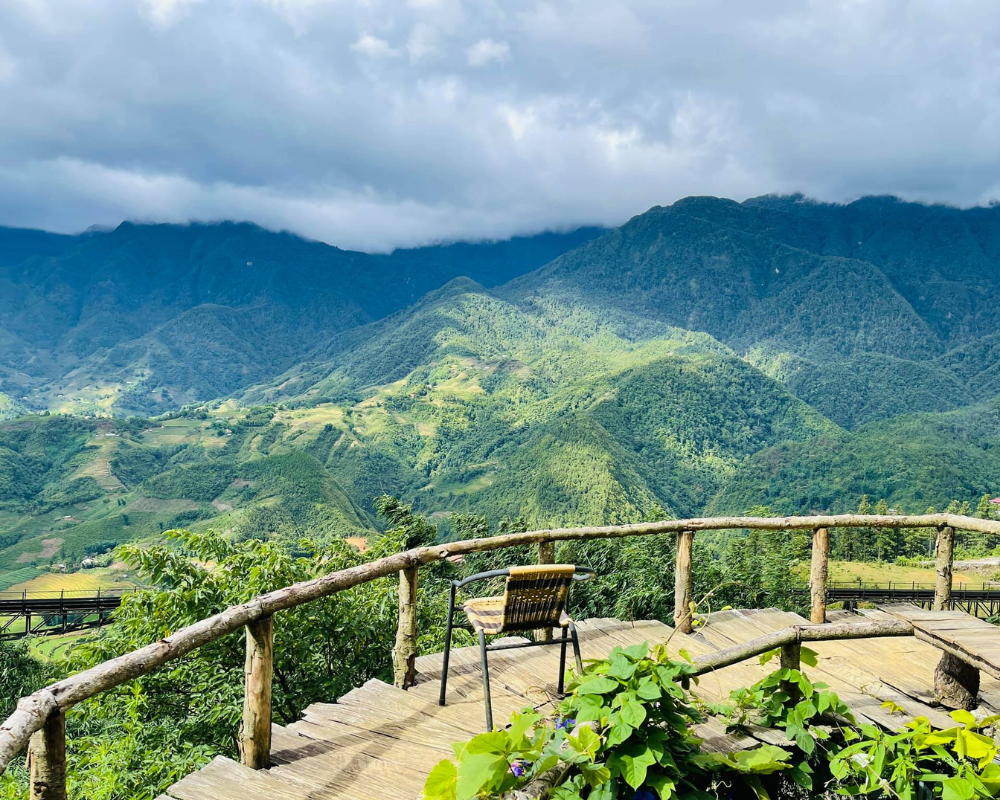
Here are three things you can expect from your homestay experience: First, you’ll have the opportunity to learn about local customs and traditions directly from your host family. Second, you’ll be able to sample delicious home-cooked meals made with fresh ingredients sourced from nearby farms. And third, you’ll have plenty of opportunities to connect with other travelers and share stories around a campfire or over a cup of tea. With so much to see and do in Sapa, there’s no better way to fully immerse yourself in this unique destination than by staying with a local family.
As you bid farewell to your host family, don’t forget to plan a visit to one of Sapa’s bustling local markets on your way back home.
Local Market Visits
Take a stroll through the vibrant local markets, where your senses will be tantalized by the sights, sounds, and smells of exotic fruits, spices, and handicrafts. As you wander through the bustling stalls and interact with friendly vendors, you’ll discover a world of local cuisine that will leave your taste buds begging for more. From steaming bowls of pho to crispy banh mi sandwiches, every dish is bursting with flavor and made with fresh ingredients.
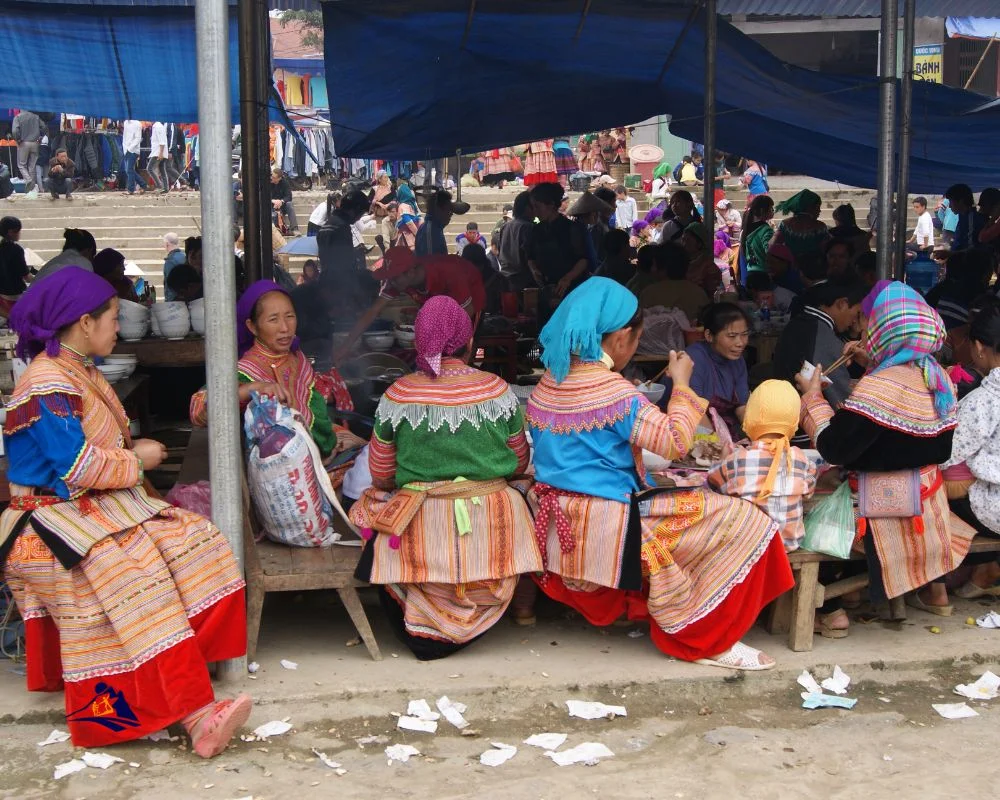
Aside from food, the markets are also a great place for shopping for souvenirs or gifts. You can find all kinds of handicrafts such as hand-woven textiles and intricate wood carvings that showcase the skillful artistry of the locals. With so much to offer in one place, visiting the local markets is an experience not to be missed during your trip to Sapa rice fields in July.
The local markets also provide ample photography opportunities to capture memories that last a lifetime. So get your camera ready because we’re about to embark on a journey through some of the most picturesque landscapes you’ll ever see!
Photography Opportunities
As you explore the Sapa Rice Fields, you’ll quickly realize that there are countless opportunities for stunning photographs. To make the most of your time here, it’s important to know where the best spots for photos are and how to capture great shots. Whether you’re a seasoned photographer or just starting out, these tips will help you take home some truly memorable images of this breathtaking landscape.
Best Spots for Photos
If you’re looking to capture some amazing shots during your visit, these spots are the perfect places for snapping those Instagram-worthy photos. First off, head to the viewpoint near the Sapa Stone Church. From here, you’ll be able to get a panoramic shot of the rice fields and surrounding mountains. The best time to go is early in the morning when there’s still mist hovering over the fields or late in the afternoon when the sun casts a golden glow on everything.
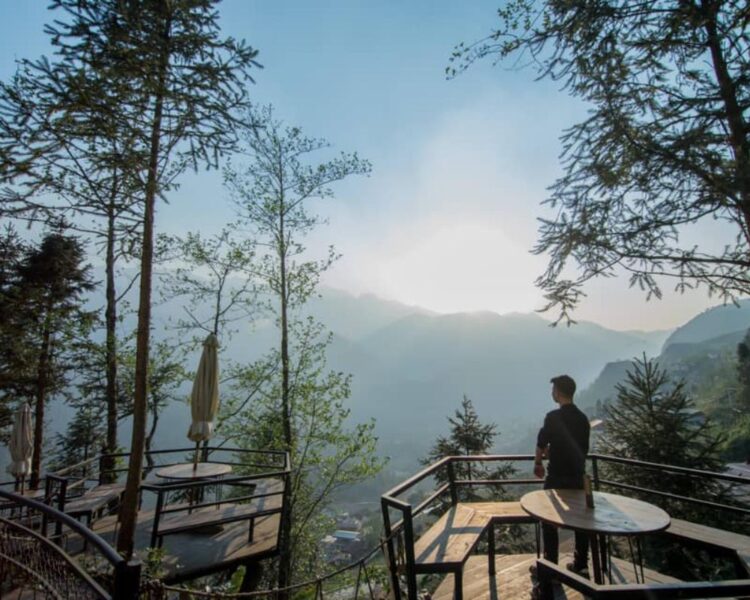
Another great spot is near Cat Cat village where you can take unique angles of rice terraces from above. You can either hike up to this location or take a motorbike taxi. Once you reach the top, find a good vantage point and prepare your camera for an epic shot. Don’t forget to experiment with different compositions and perspectives for more creative results. Now that you know where to go for some breathtaking photos, let’s talk about tips for capturing great shots without missing any opportunity!
Tips for Capturing Great Shots
Want to elevate your photography game? These tips for capturing great shots will transform you into a pro, like a caterpillar turning into a butterfly. Firstly, make sure you have the right camera equipment. It doesn’t have to be expensive, but it should be capable of shooting in low light conditions and have a wide angle lens. The rice fields can be quite expansive, so you want to capture as much of its beauty as possible.

Secondly, lighting techniques play a crucial role in capturing stunning photos. Shooting during golden hour (just before sunset or after sunrise) gives the rice fields a warm glow and adds depth to your images. If you’re shooting during mid-day when the sun is high in the sky, use shadows creatively by positioning yourself so that they fall across different parts of the landscape. Remember that rules are meant to be broken – experiment with different angles and compositions until you find what works best for your style.
Now that you’ve got some photography tips under your belt, let’s talk about cultural immersion at Sapa’s rice fields.
Cultural Immersion
You’ll be fully immersed in the local culture and traditions during your time exploring the beautiful Sapa region. From observing the daily life of locals working in rice fields to attending traditional festivals, you’ll have countless opportunities to learn about and experience Vietnamese culture firsthand.

One great way to dive into the local culture is by taking cooking classes. Learn how to prepare traditional dishes using fresh ingredients from the market, and get a taste of authentic Vietnamese cuisine. Additionally, don’t miss out on attending any nearby festivals or celebrations that may be happening during your visit. These events offer a glimpse into the heart of Vietnamese traditions and are sure to leave lasting memories.
As you continue your exploration of Sapa, keep an eye out for other activities that pique your interest such as hiking through nearby villages or visiting local handicraft markets. By engaging with the local culture in these ways, you’re sure to leave feeling enriched and fulfilled by your experience in this stunning destination.
Other Activities in Sapa
If you’re looking for more to do in Sapa, don’t miss out on the incredible waterfalls and hot springs in the area. Take a dip in the natural pools while surrounded by stunning scenery. And for those craving adventure, hiking up Fansipan Mountain is a must-do activity. Trust us, the breathtaking views from the top are worth every step of the journey.
Waterfalls and Hot Springs
You’re going to love taking a dip in the refreshing waterfalls and hot springs, it’s the perfect way to cool off after a long day of exploring. If you’re up for some adventure, try out one of the waterfall hikes that Sapa has to offer. The trek may be challenging but once you reach your destination, the scenery will take your breath away. Imagine standing at the base of a cascading waterfall with crystal clear water flowing down from above. The mist will hit your face as you feel refreshed by its coolness.

If hiking isn’t your cup of tea, then perhaps lounging in one of Sapa’s hot springs is what you need. Soak in the warm waters while enjoying nature’s beauty all around you. It’s the perfect opportunity to unwind and relax those tired muscles from all that walking and exploring throughout Sapa. After this calming experience, get ready for another exciting activity – climbing Fansipan Mountain!
Fansipan Mountain
After soaking in the refreshing waterfalls and hot springs of Sapa, it’s time to take on a new challenge – Fansipan Mountain. As the highest peak in Indochina, this mountain offers breathtaking views that will leave you speechless. The best way to reach the summit is through one of the many mountain trails available, each with its own unique features and difficulties.
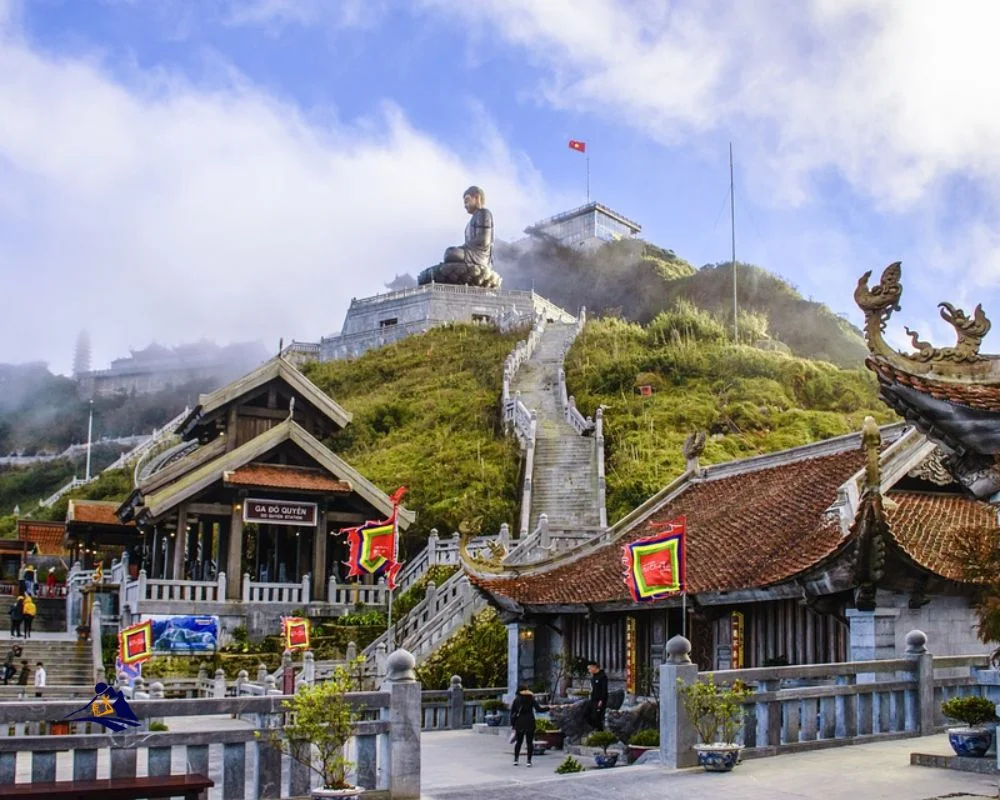
If you’re not up for a challenging hike, don’t worry! You can still enjoy the stunning views by taking a cable car ride up to Fansipan’s peak. This experience is perfect for those who want to take in all of Sapa’s natural beauty without worrying about physical exertion.
To make your trip even more memorable, here are five things you can do while exploring Fansipan Mountain:
- Take a scenic cable car ride up to the summit
- Hike along one of the many beautiful mountain trails
- Visit Cat Cat Village at the base of Fansipan
- Explore Hoang Lien National Park
- Try local delicacies such as grilled pork skewers or sticky rice cakes
With so much to see and do in Sapa, it’s easy to get lost in all its beauty and wonder. But before we conclude our journey through this magical destination, let’s take a moment to reflect on all that we have experienced together.
Conclusion and Final Thoughts
As we come to a close, it’s worth reflecting on the beauty and significance of the Sapa rice fields during the summer months. The lush greenery of the paddies and the cool mist that shrouds them create an idyllic landscape that is both serene and breathtaking. Whether you’re an experienced hiker or just looking for a peaceful retreat, there’s no denying the allure of this natural wonder.

But beyond its aesthetic appeal, Sapa offers visitors a chance to immerse themselves in local culture through their cuisine experiences. From savory stews to sweet desserts made with sticky rice, every dish is made with locally-sourced ingredients that reflect the region’s rich history and traditions. With each bite, you can taste not only the flavors but also the stories that have been passed down from generation to generation. So as you leave this beautiful place behind, take these memories with you as a reminder of all that Sapa has to offer those who seek adventure and authenticity in equal measure.
| Column 1 | Column 2 | Column 3 |
|---|---|---|
| Impressions from trip: | The stunning beauty of Sapa rice fields during summer months left a lasting impression. | Local cuisine experiences provided a delicious way to explore traditional flavors. |
| Significance of landscape: | The cool mist over lush green paddies created an idyllic landscape. | Visitors were able to experience local culture through food by tasting dishes made from locally sourced ingredients reflective of regional traditions. |
| Reflections on visit: | A retreat into nature allowed for peace and serenity; perfect for experienced hikers or those seeking relaxation. | Memories will be taken away as reminders of adventure & authenticity found in beautiful Sapa. |
Sapa Rice Fields In July Frequently Asked Questions
What are the traditional farming techniques used in Sapa rice fields?
When it comes to traditional farming techniques, Sapa rice fields have a lot to offer. From hand planting and harvesting to using natural fertilizers and irrigation methods, farmers in this region have been perfecting their craft for generations. These techniques not only produce high-quality rice but also promote sustainable agriculture practices that support the local ecosystem. As you explore these farms, you’ll feel a sense of connection to the land and a deep appreciation for the hard work that goes into every grain of rice. Whether you’re looking to learn more about traditional farming or simply enjoy the peaceful beauty of Sapa rice fields, there’s something here for everyone.
How has tourism impacted the local economy and way of life in Sapa?
As you walk through the bustling streets of Sapa, it’s hard not to notice the impact that tourism has had on this once-quiet town. While it has brought economic benefits to the community, it has also brought significant changes to the local way of life and threatened cultural preservation in Sapa. As more and more visitors flock here each year, traditional practices are being replaced with commercial ventures aimed at satisfying tourists’ demands. Despite these challenges, many locals remain committed to preserving their heritage and educating visitors about their way of life. It’s a delicate balance between catering to tourism while maintaining the authenticity of Sapa’s unique culture – one that requires careful consideration and thoughtful action.
Are there any endangered plant or animal species in the Sapa rice fields?
You may be surprised to learn that the Sapa region is home to several endangered plant and animal species. However, there are ongoing conservation efforts in place to protect these vulnerable creatures. The Vietnam Forest Protection Department has established a number of nature reserves throughout the area, which help to safeguard the habitats of rare species such as the Tonkin snub-nosed monkey and various orchid varieties. While tourism can have negative impacts on local ecosystems, responsible travel practices can actually support these preservation efforts by promoting sustainable tourism initiatives. By being mindful of your impact on the environment and supporting local conservation initiatives, you can help protect the unique biodiversity of this special region for generations to come.
What is the history of rice cultivation in Sapa and how has it evolved over time?
As you delve into the rich history of rice cultivation in Sapa, you’ll discover a story that is as fascinating as it is complex. The farming techniques used to cultivate rice have evolved over time, and today they are highly advanced and efficient. In the past, farmers relied on manual labor and basic tools to plant, harvest, and process their crops. However, with technological advancements such as irrigation systems, modern machinery, and new hybrid varieties of rice plants, today’s farmers can produce higher yields than ever before. Despite these advancements, many traditional techniques are still used in Sapa’s rice fields today. By understanding the history of rice cultivation in this region, you’ll gain a deeper appreciation for the hard work and dedication that goes into producing this essential staple crop.
How do local farmers adapt to changing weather patterns and climate conditions during the rice season?
As a visitor to Sapa, you may not be aware of the challenges that local farmers face during the rice season. However, their resilience and ingenuity in adapting to changing weather patterns and climate conditions is truly impressive. Through climate smart farming techniques such as diversifying crops, adjusting planting schedules, and using more efficient irrigation systems, these farmers are able to maintain their livelihoods and feed their communities. Their ability to adapt and innovate in the face of adversity is a testament to the human spirit. It’s inspiring to see how these farmers have found ways to thrive despite the challenges they face, reminding us all that freedom comes from within.
Conclusion
Congratulations on reaching the end of this article about Sapa rice fields! You now have a good understanding of when to visit, what to expect during different seasons, and how to best explore the stunning rice terraces.
As you plan your trip, remember that visiting Sapa is like embarking on a journey through a magical wonderland. The soft curves of the hillsides dotted with vibrant green paddies will envelop you in their embrace and leave you breathless. It’s as if each step you take among the terraces is an invitation to slow down and appreciate life’s simple pleasures.
So go ahead, book that plane ticket and pack your bags. Get ready to immerse yourself in the beauty and culture of Sapa rice fields. We promise it will be an experience you’ll never forget – one that will nourish your soul like warm sunshine on freshly planted rice paddies. Safe travels!
